Bhubaneswar, July 17: The Economic and Social Council (ECOSOC) of the United Nations has acknowledged the exceptional contribution of the Kalinga Institute of Social Sciences (KISS) here in empowering tribal and Indigenous communities through transformative, evidence-based education and sustainable development initiatives.
In its recent session themed “Empowering Indigenous Futures: Science, Technology, and Evidence-based Education at KISS for Accelerating the 2030 Agenda”, the Council recognised KISS as a global leader in inclusive education for Indigenous populations. The institution, which stands as the world’s largest free residential school for tribal students, currently supports 80,000 Indigenous youth from 64 tribes, including 13 Particularly Vulnerable Tribal Groups.
Highlighting KISS as a model for achieving the Sustainable Development Goals (SDGs), ECOSOC commended its innovative blend of academic education, Indigenous knowledge systems, climate resilience, life skills, and sports excellence. KISS has made notable contributions to SDG goals such as No Poverty, Zero Hunger, Good Health, Quality Education, Gender Equality, Reduced Inequalities, Climate Action), Peace & Justice), and Partnership.
Among the key initiatives appreciated were seven specialised schools focused on Indigenous living, tribal legal studies, mother-tongue-based multilingual education, technology-driven partnerships and institutional innovation ecosystem that supports the intellectual property rights of Indigenous innovations developed by students.
KISS, the UN noted, exemplifies how Indigenous youth—when equipped with scientific knowledge, digital tools, and cultural confidence—can emerge as transformative agents, propelling sustainable development while preserving their heritage.
KISS Efforts Applauded, Featured in United Nations Records
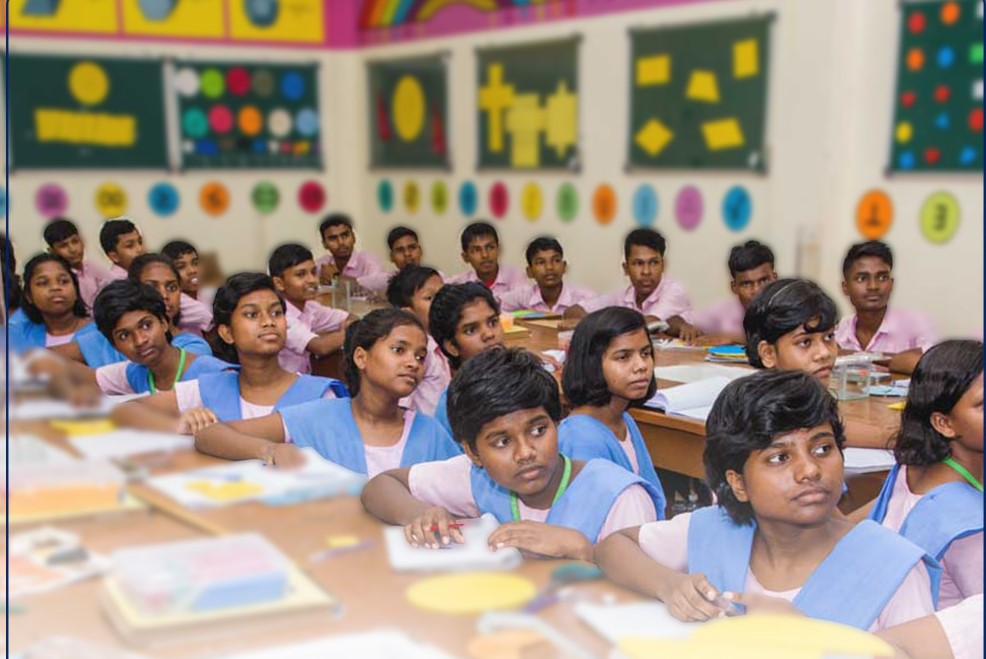





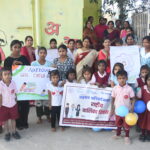

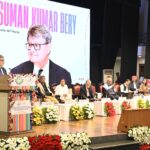



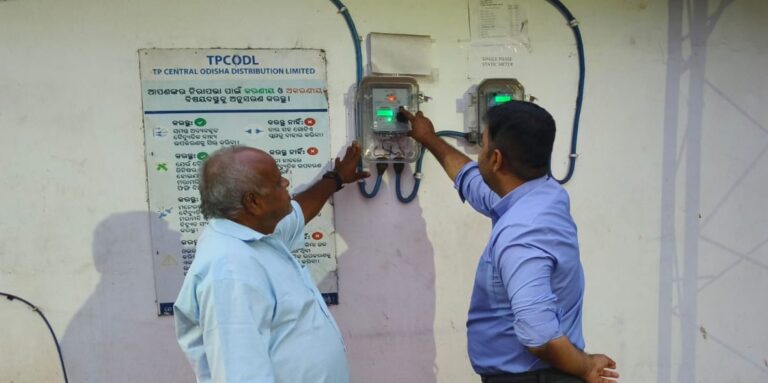


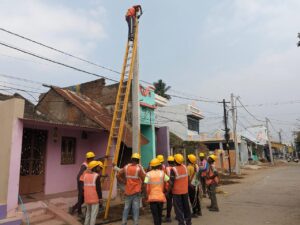


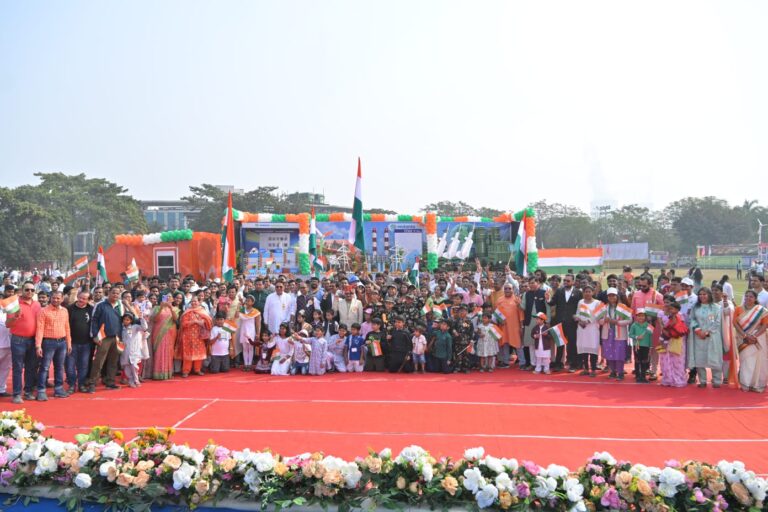
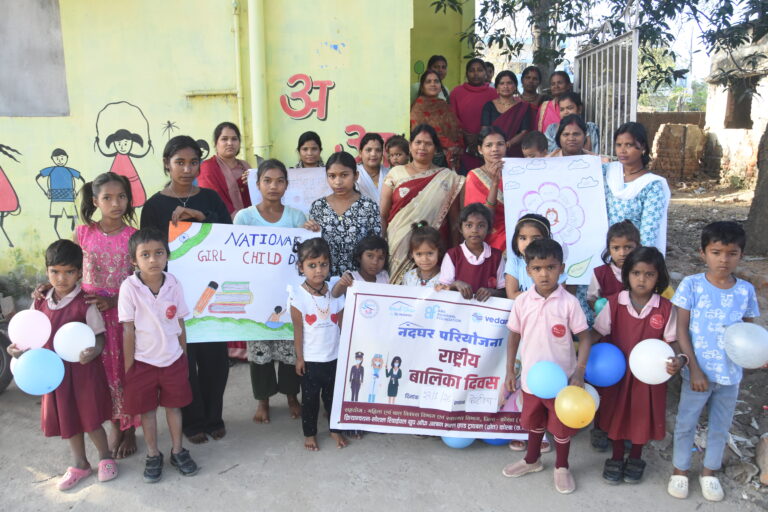

+ There are no comments
Add yours